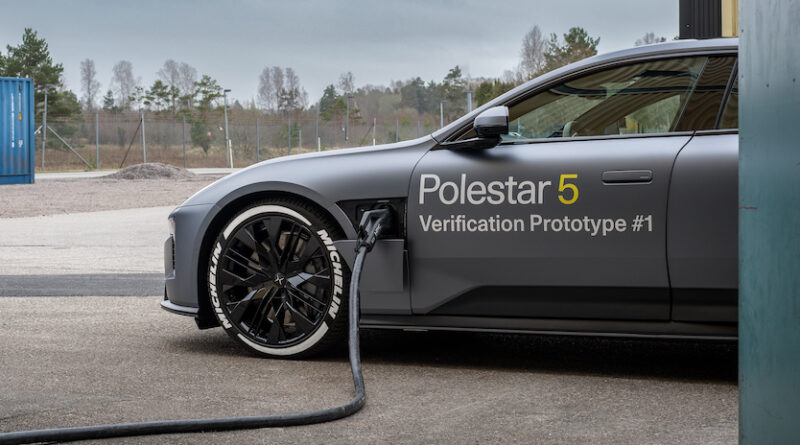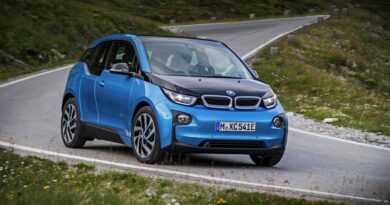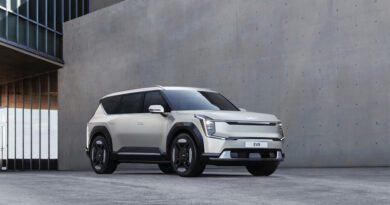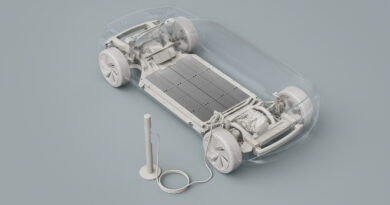Another battery breakthrough! Polestar 5 shows off ultra-fast 370kW EV charging
Polestar has released the first details of its pioneering next-generation battery technology that will close the gap between recharging an EV and filling a combustion car with petrol.
In successful trials, peak charging of a prototype Polestar 5 exceeded 370kW, which translates to a 10-80 per cent top up of a experimental 77kWh battery in just ten minutes in real-world conditions.
Perhaps more impressive is even after the peak charging was reached, the Polestar 5 still managed to draw a consistent 310kW with the batteries accepting a steady charge with no significant change in charging speed or efficiency.
READ MORE: 2024 Polestar 3 review: Electric SUV goes above and beyond Tesla Model Y
READ MORE: Polestar 4 now on-sale as mid-sized electric SUV targets Tesla Model Y
READ MORE: 2024 Polestar 2 RWD review: why the cheaper entry level beats the dual motor AWD
The Sino-Swedish brands says that means a top-up from 50-80 per cent will take just five minutes, around the time required to refuel and pay for a tank of petrol in an ICE car.
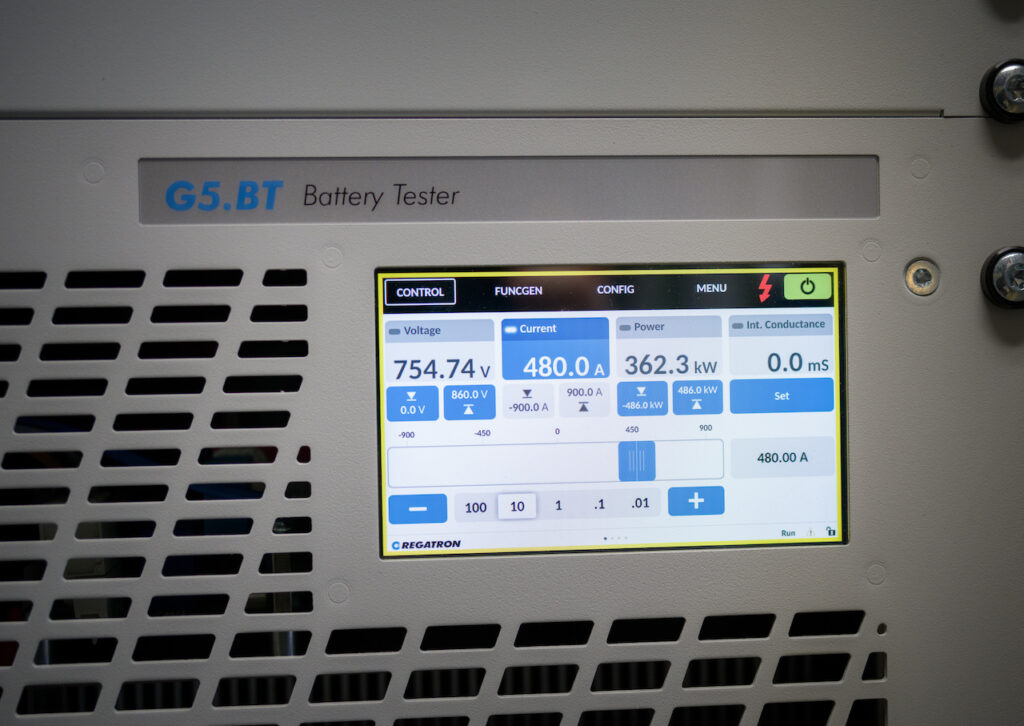
Scaled up from 77kWh to a large 100kWh, Polestar says in the future the battery will be capable of adding as much as 320km of range in a mid-size car in just 10 minutes.
The key to the significant gain in charging speed is a new Extreme Fast Charging (XFC) tech developed by Israel-based battery pioneer StoreDot.
Full details of the tech has yet to be released but the tech firm says the Polestar 5 incorporated a “silicon-rich” battery chemistry that is able to withstand high levels of current needed for super-quick top-ups.
Better still, thanks to the new batteries’ internal structure they introduced enhanced cooling, recyclability and serviceability without any weight penalty over existing tech.
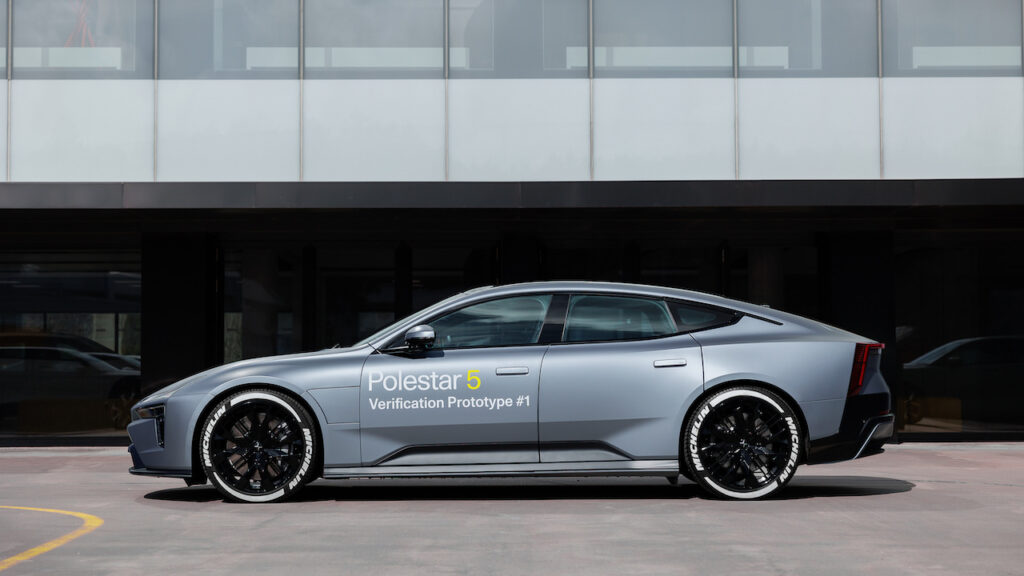
XFC also works with the existing DC charging infrastructure, but works best with top-ups above 350kW.
“Time is one of life’s greatest luxuries, and as a manufacturer of luxury electric performance cars, we need to take the next step to address one of the biggest barriers to EV ownership – charging anxiety,” said Polestar CEO Thomas Ingenlath.
“With this new technology, on longer journeys when drivers do stop they’ll be able to spend less time charging and be back on the road faster than before. In fact, that stop time will be more akin to what they experience with a petrol car today.”
Polestar has yet to reveal when it will roll out batteries that will incorporate the new StoreDot battery tech but the real-world tests suggest it could be introduced to the Polestar 5 following its launch later this year. It is expected on-sale in Australia in 2025.
Once introduced the 370kW peak rate would see the Polestar lead its class, usurping the recently facelifted Porsche Taycan that can now be topped up at a rate of 320kW.

